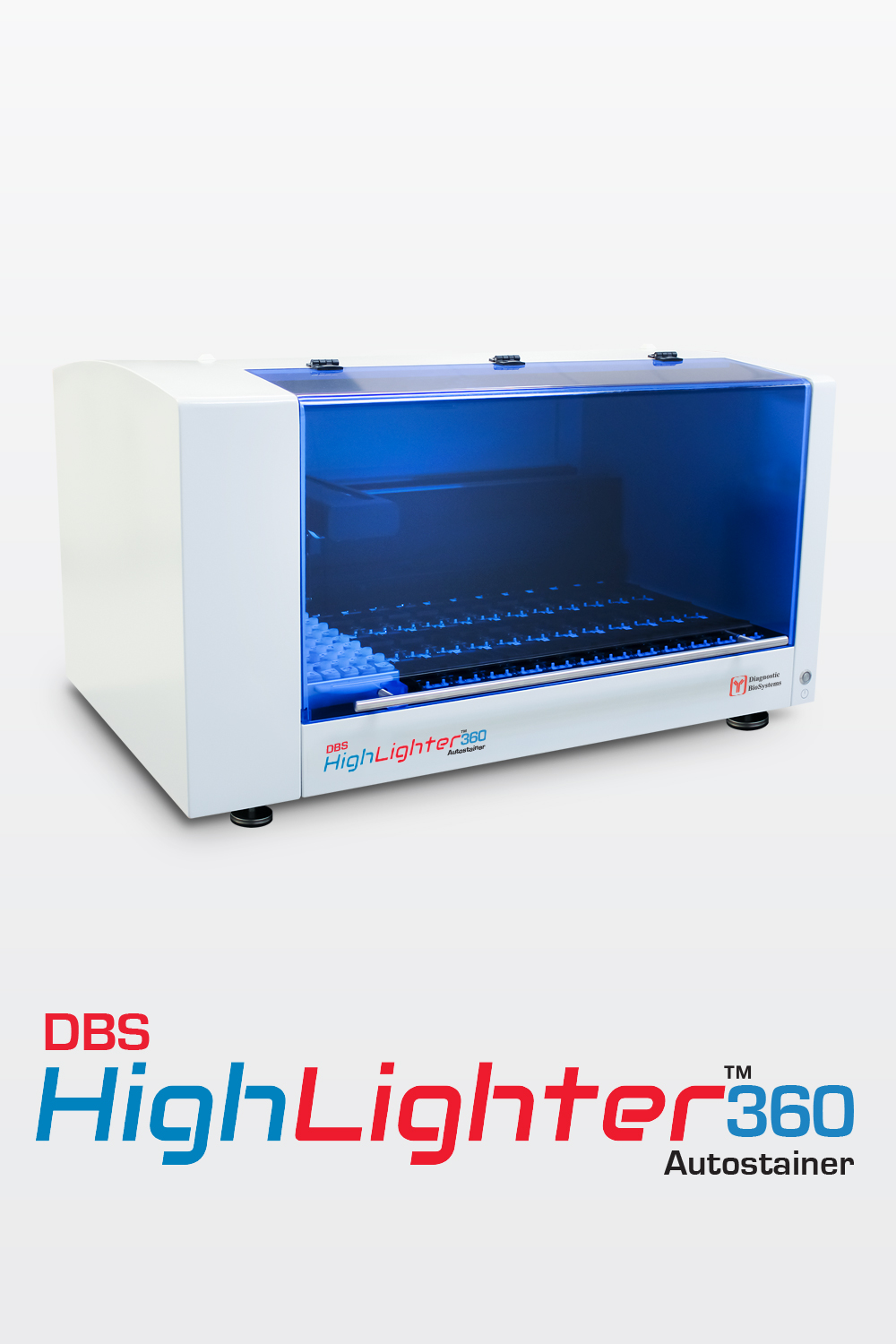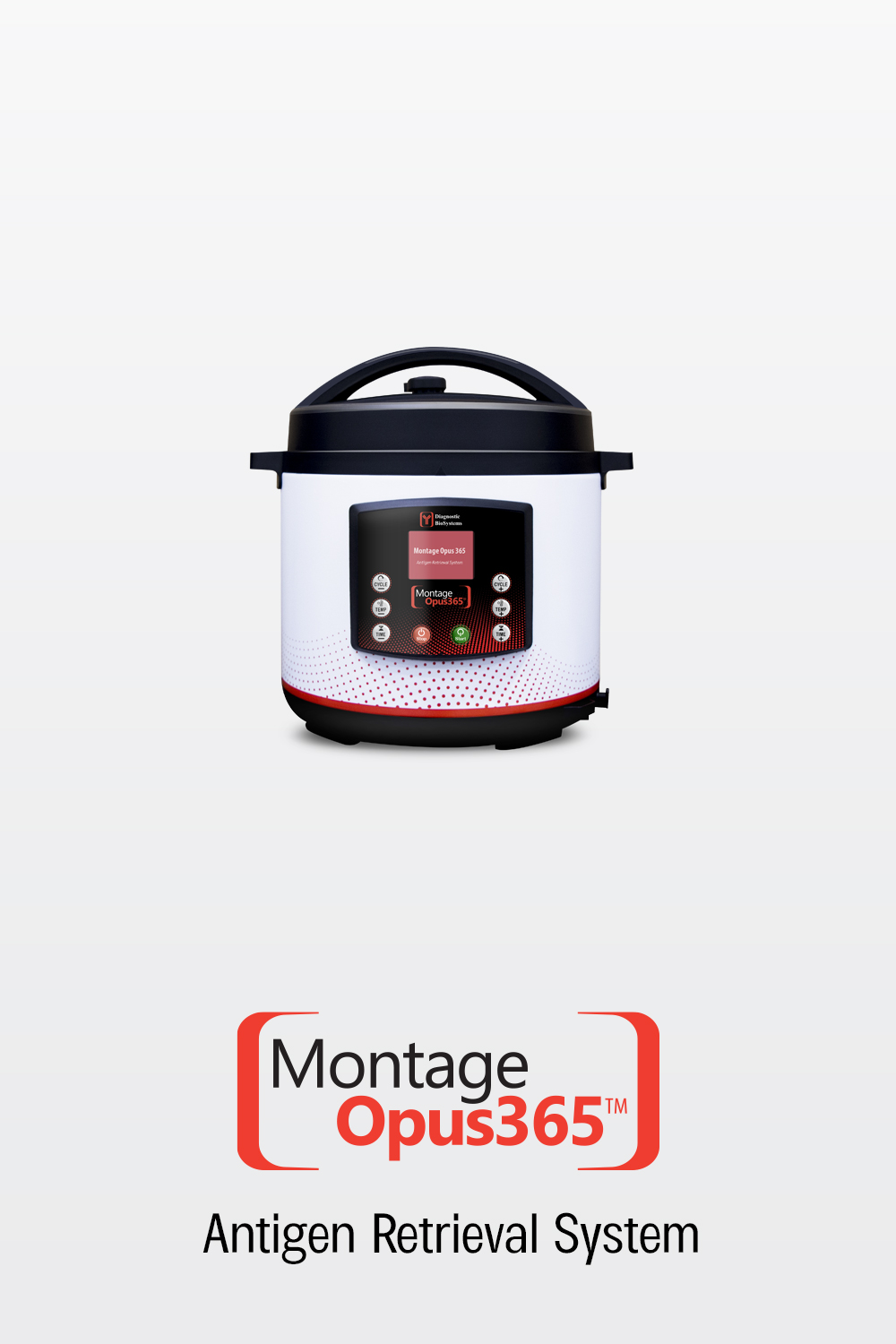CANCER AWARENESS
Appendix Cancer Awareness
Appendiceal cancer is a rare disease of a small organ at the beginning of large intestine, comprising 0.2% of all appendectomy specimens. It usually occurs at the age of 40-69 years and 75% are symptomatic with symptoms of acute appendicitis, an abdominal mass or intestinal obstruction.
The treatment is appendectomy if the cancer is well differentiated and superficial. However, if the cancer is poorly differentiated and deep, the right hemicolectomy is the choice of the treatment.
The appendiceal carcinoma should be differentiated from metastatic gastric carcinoma and breast carcinoma (signet ring carcinoma). immunohistochemistry (IHC) is a very valuable technique to be utilized to do the differentiation by detecting some proteins that are expressed in the different carcinomas to reach correct diagnosis and make good differentiation.
IHC is very useful in distinguish between different types of appendiceal malignant neoplasms, such as conventional adenocarcinomas, neuroendocrine tumors, and goblet cell carcinoids (GCC). Chromogranin A and Synaptophysin are most useful in commonly distinguishing GCC and neuroendocrine tumor from conventional appendiceal adenocarcinoma. SATB2 and CK7 can be used to separate GCC and conventional appendiceal adenocarcinoma form neuroendocrine tumor of appendix. IHC of ER, PR, mammaglobin, and GCDFP-15 can be utilized to demonstrate the tumor has breast in origin. It has been found that SATB2 expression is rare in gastric carcinoma.




